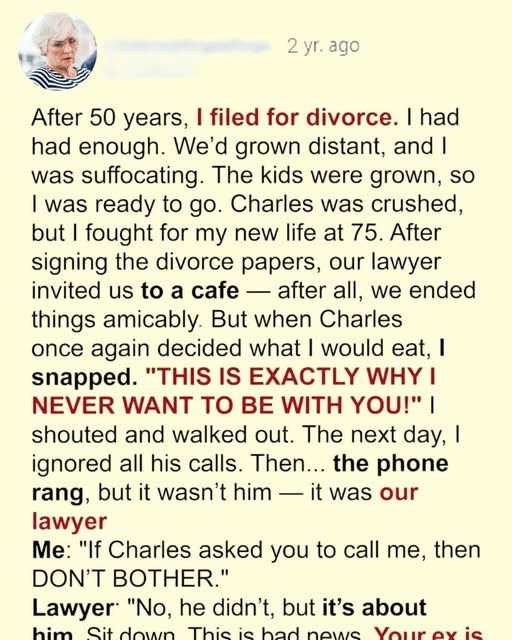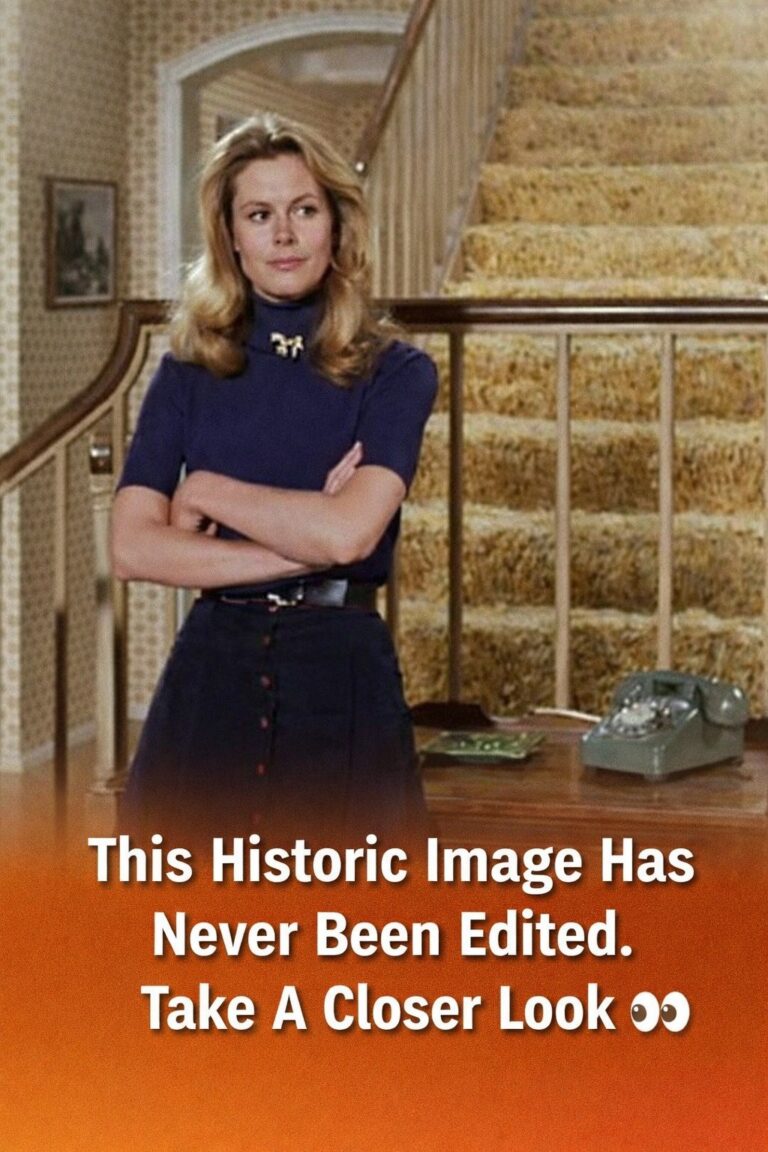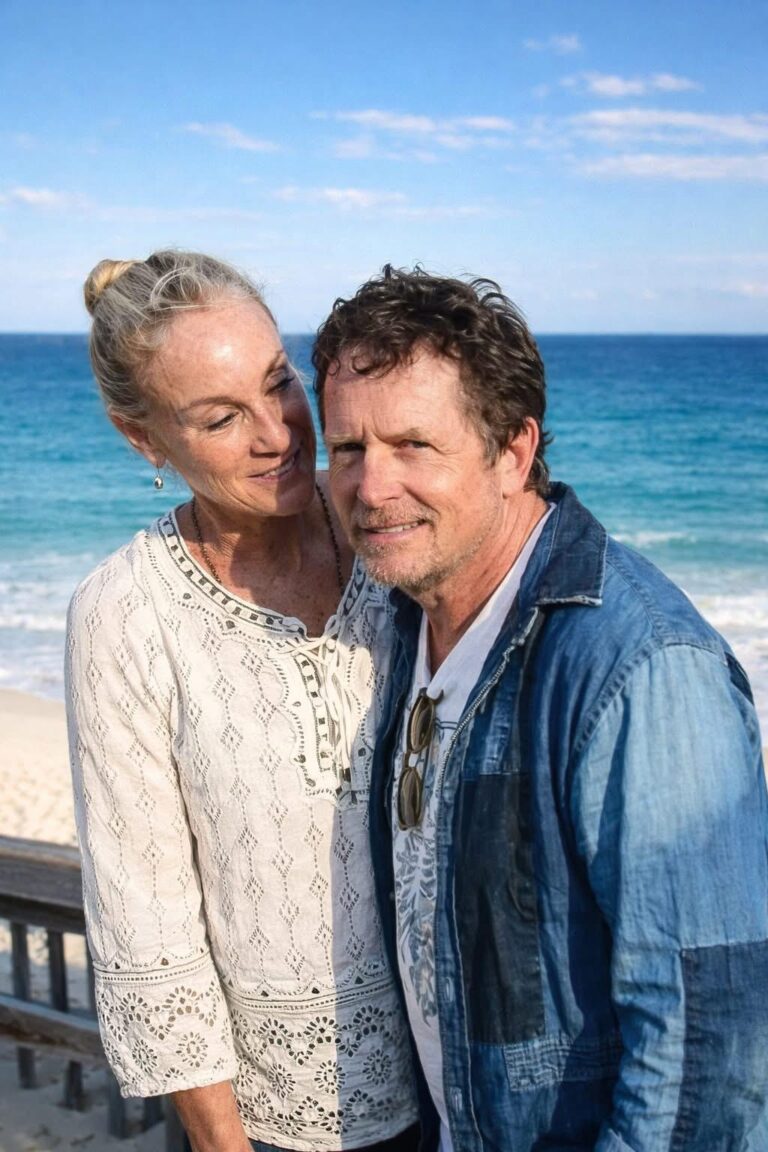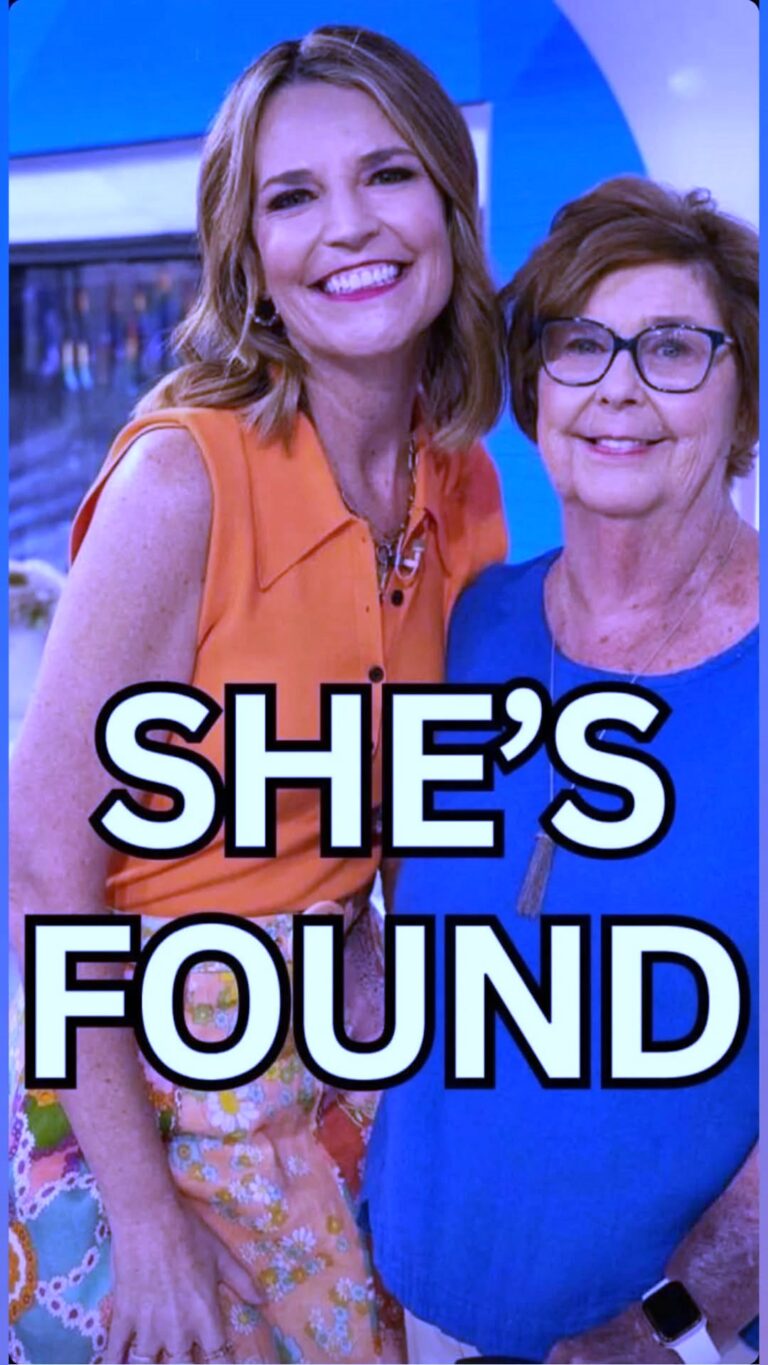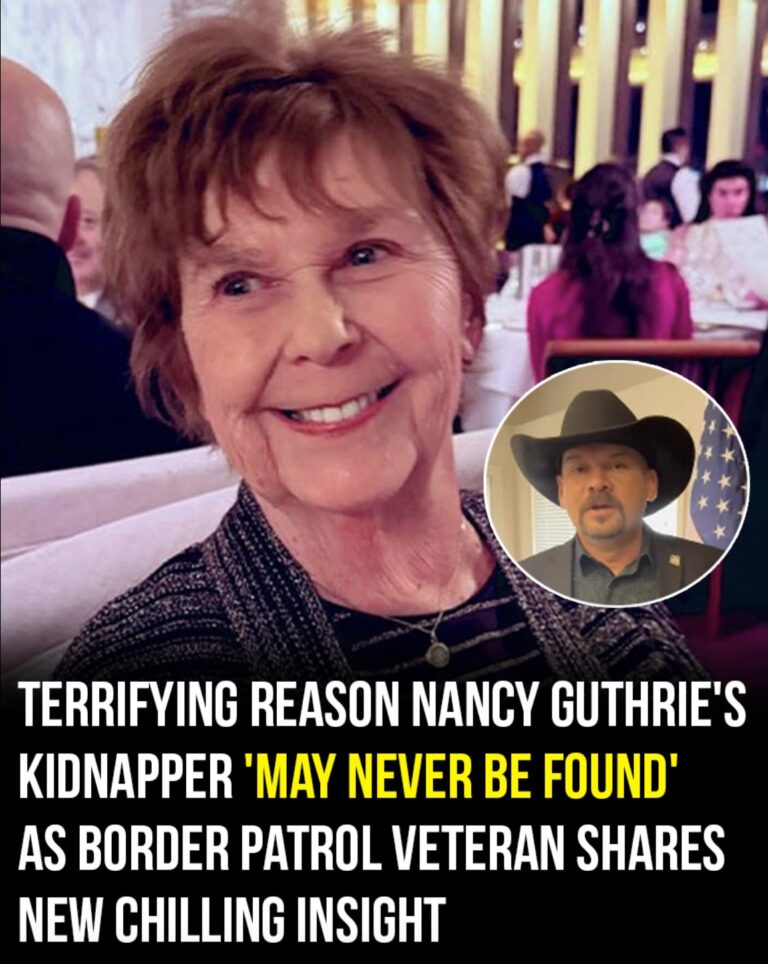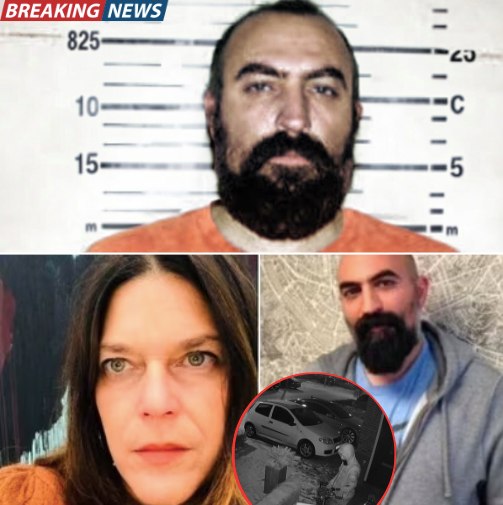After 50 Years of Marriage, I Asked for a Divorce, Then His Letter Broke My Heart
After fifty years of marriage, I did something I never thought I would. At seventy-five, I told my husband, Charles, that I wanted a divorce. Not because of infidelity, cruelty, or neglect — but because somewhere between raising children, paying bills, and surviving life, I had lost myself.
Charles was ten years older, patient and steady to a fault. We met when I was barely twenty and he was thirty, already working, already sure of himself. I fell in love with his quiet confidence, the way he made me feel safe in a world I barely understood. We built a beautiful life — two children, a cozy home, and the kind of marriage that looked perfect from the outside. Friends envied us. People used to say, “You two will be together forever.” And for decades, I believed that too.
But when the house emptied and the noise of family faded into the hum of the refrigerator and the ticking of the clock, a strange emptiness crept in. I couldn’t pinpoint when it started — maybe after the grandchildren stopped visiting so often, maybe after my last birthday when I looked in the mirror and didn’t recognize the woman staring back. I began to feel invisible. Every gesture from Charles, once comforting, started to feel suffocating. He’d refill my tea before I could ask, turn off the lights before bed, remind me to take my pills — little kindnesses that suddenly felt like control.
One afternoon, he found me standing in the kitchen, muttering to myself. “What’s wrong, honey?” he asked gently. “You’re talking to yourself again.”
“Because you drive me crazy!” I snapped before I could stop myself.
His face fell. “Rose, please don’t say that. It breaks my heart.”
“You’re always the victim,” I shot back, my voice sharp and unfamiliar. I walked out before I could see the pain on his face.
Our days grew tense after that. Simple conversations turned to arguments. Meals together became silent. One evening, I blurted it out — “I want a divorce.”
He didn’t shout or beg. He just nodded slowly, eyes glistening. “If freedom is what you need, I won’t be the one to keep you.”
We met our old friend and lawyer, Frank Evans, to start the paperwork. He’d known us for years, watched us build our family. “Are you sure?” he asked quietly. “Fifty years is a long time to throw away.”
But I’d already convinced myself I needed to do this. I wanted to feel alive again — or at least, to feel something that was mine.
When we signed the papers, Frank suggested dinner at our old favorite restaurant. “One last meal together,” he said, half-joking, half-pleading.
Against my better judgment, I agreed.
At dinner, Charles was his usual thoughtful self. He dimmed the lights because he knew bright glare hurt my eyes. He ordered a salad for me without asking, remembering my doctor’s warnings about cholesterol.
Instead of seeing care, I saw control. Embarrassed and angry, I lashed out — told him to stop treating me like a child, accused him of suffocating me. His eyes filled with quiet hurt, but he didn’t argue. I stood up and walked out, leaving him sitting there alone.
That night, I packed a suitcase and moved into a small apartment across town. For the first time in half a century, I fell asleep without Charles beside me.
In the morning, my phone buzzed over and over. I ignored it — I thought he was calling to guilt me back. Hours later, Frank called. His voice was trembling.
“Rose, it’s Charles. He’s in the hospital. It’s serious.”
My heart stopped.
I rushed back to the house to grab clothes and toiletries for him. That’s when I saw it — an envelope on the mantel, my name written in his shaky handwriting.
Inside was a letter.
“My dearest Rose,
I have loved you every day since I first saw you. Every wrinkle on your face tells the story of a life we built together, and I wouldn’t trade a single one. I don’t know what I did to make you feel trapped, but I am sorry if my care ever felt like control. I only wanted to make your days easier, not smaller.
I dimmed the lights at dinner because I know they hurt your eyes. I ordered the salad because I wanted you to stay healthy and with me a little longer. I see now that maybe I should have asked instead of assuming.
If you need freedom, take it. But know that my heart will walk beside you always.
Love, Charles.”
The paper blurred through my tears. I drove to the hospital with shaking hands, praying the whole way. When I arrived, I found him pale, weak, but still conscious. His eyes fluttered open when he heard my voice.
“Charles,” I whispered, clutching his hand. “Please forgive me. I was wrong. I don’t want the divorce. I want you. I just forgot how to see you.”
He squeezed my hand, tears slipping down his cheeks. “You’re here,” he said softly. “That’s all that matters.”
For days, I sat beside his bed, watching the man I’d almost lost — not just to illness, but to pride. I thought about how many times love disguises itself in the ordinary — the dimmed lights, the reminders, the quiet care. How easy it is to mistake familiarity for confinement when the truth is, it’s the deepest kind of devotion.
Charles eventually recovered enough to come home. We canceled the divorce. The papers were never filed. Life didn’t magically become perfect again, but something inside me shifted. I started to see his small acts for what they were — not control, but love written in daily gestures.
Now, every morning when he pours my tea, I smile instead of sighing. Every time he turns down the lights, I whisper “thank you.” We talk more. We argue less. We laugh about the time we almost let fifty years disappear over something that wasn’t broken — just bruised.
Sometimes at night, I still read his letter. It reminds me that love isn’t about feeling free from someone; it’s about feeling safe with them. And sometimes safety can look a lot like routine, until you learn to see it differently.
If there’s one thing I’ve learned, it’s this — don’t mistake comfort for control, or familiarity for boredom. The same love that feels ordinary today might be the thing you’d beg for if it ever disappeared.
Charles taught me that.
He’s sleeping beside me now as I write this, his breathing steady and soft. Fifty years, one near-divorce, and a thousand tiny lessons later — I finally understand that love isn’t meant to feel like freedom. It’s meant to feel like home.
